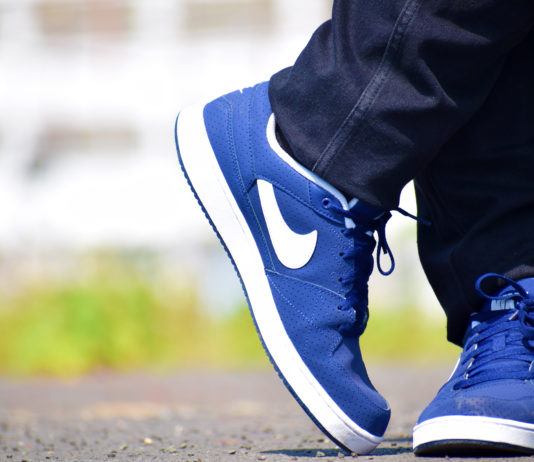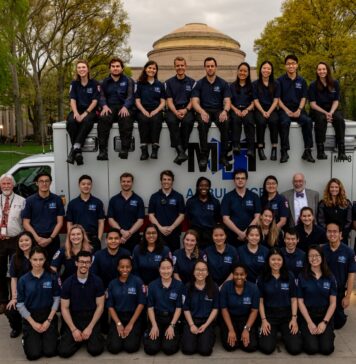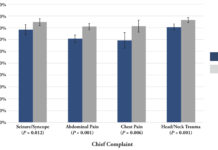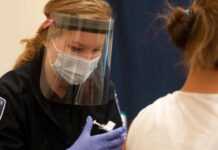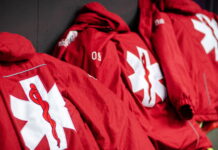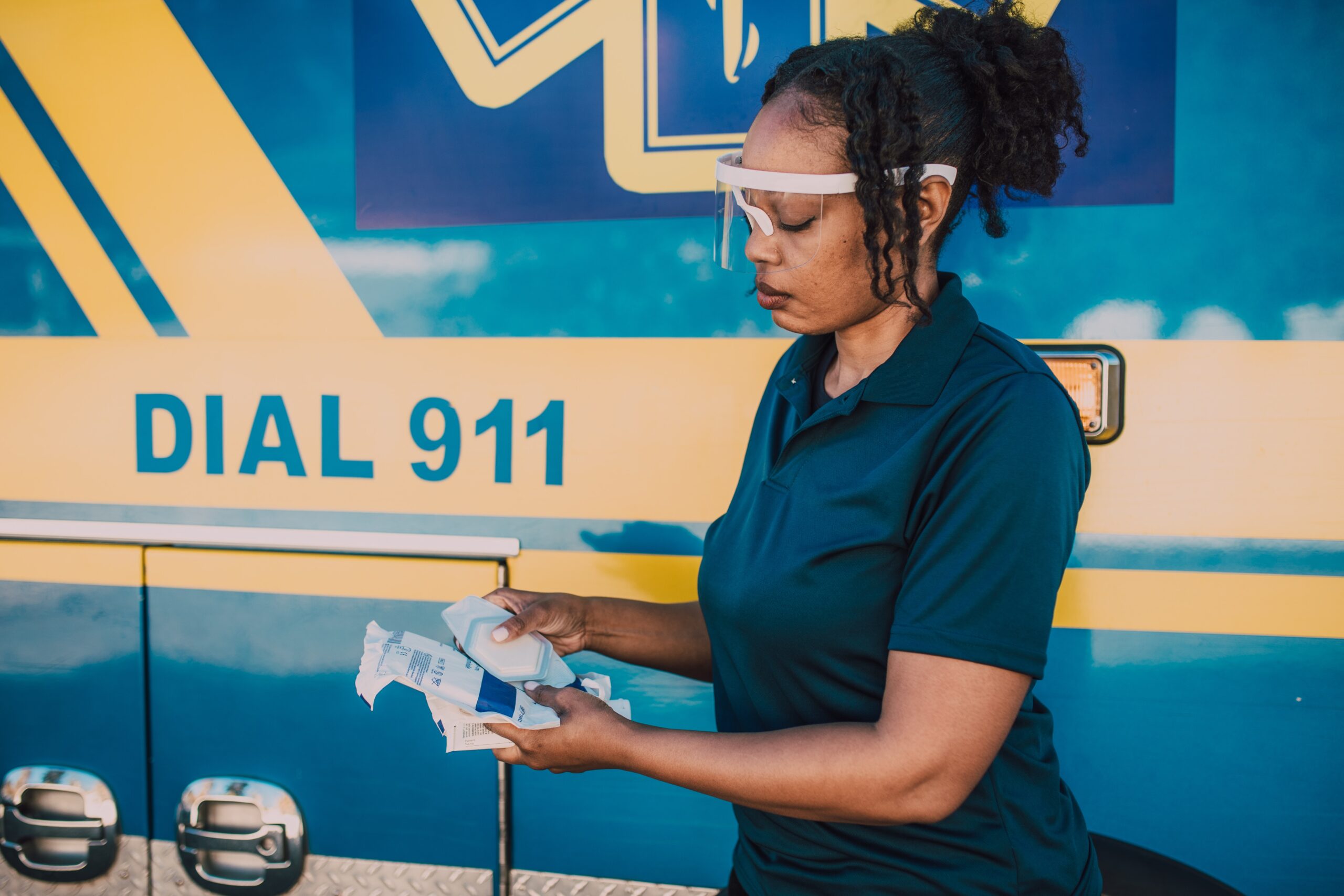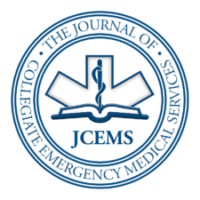Checklists Improve EMS Documentation
Alatis et al. found that a quality improvement (QI) project focused on documentation via checklists can improve the inclusion of key documentation criteria on electronic patient care reports (ePCRs) in a collegiate-based EMS system.
Standing Up and Staffing a Covid Vaccine Clinic on a Collegiate Campus
The University of California – Davis Fire Department discusses their experience setting an administering an on-campus COVID-19 vaccine clinic.
Advising Resilient Healthcare Teams
McMaster University's Emergency First Response Team (EFRT) has curated a multi-step, highly selective hiring process that has led to exemplary retention rates.
Illinois Institute of Technology creates on-campus EMS organization with initial focus on community CPR/AED...
Current student Alexandra Montgomery leads the charge to develop a new campus EMS organization.
Research and Scholarship in Collegiate Emergency Medical Services
JCEMS and NCEMSF are spearheading the drive to promote research and scholarship in the field of campus-based prehospital emergency care.
2024 Conference Academic Poster Session Posters
Posters from the Academic Poster Session at the 2024 Annual National Collegiate Emergency Medical Services Foundation Conference
Lessons from Early Vaccination of Campus EMS Providers at the University of California, Davis
Mills et al. highlight UC Davis' experience with the vaccination of campus first responders against COVID-19.
A Survey of Canadian, Student-Run Campus Emergency Medical Response Teams
Formosa et al. provide an overview of Canadian student-run campus emergency medical response teams, examining aspects including training, operations, and organizational status.
Fundraising for Your Collegiate EMS Agency
Following five strategies, Skidmore College EMS tripled their fundraising goal. Consider adopting these strategies to maximize returns on your next campaign.
Call to EMS Research: Disparities in Recruitment and Retention of Black Providers is an...
Hutchens discusses the need for further research into the issue of recruitment and retention of Black EMS providers.


